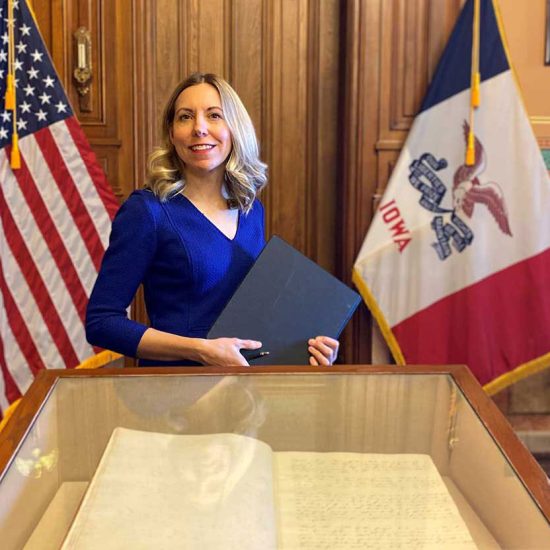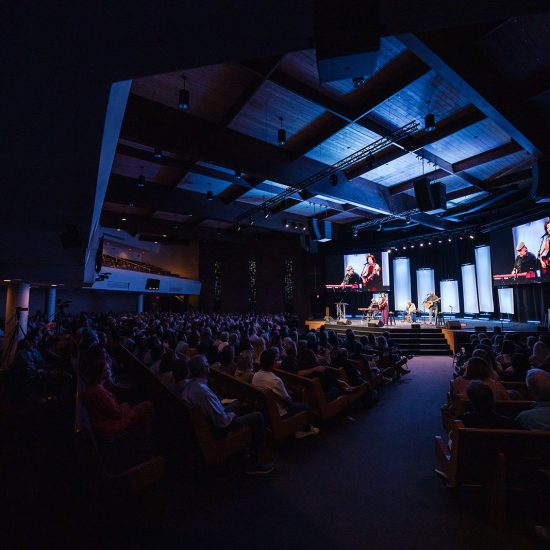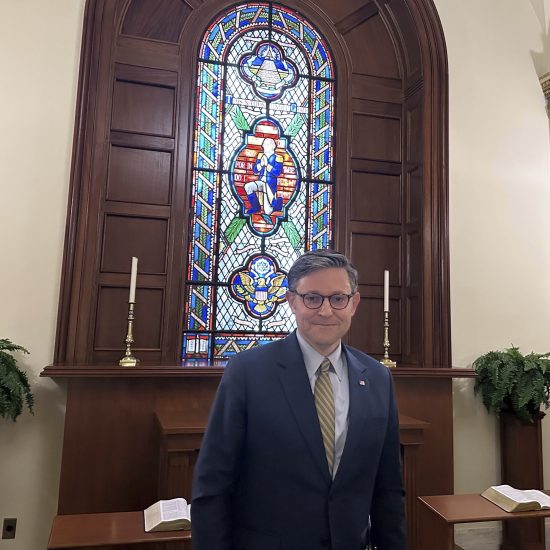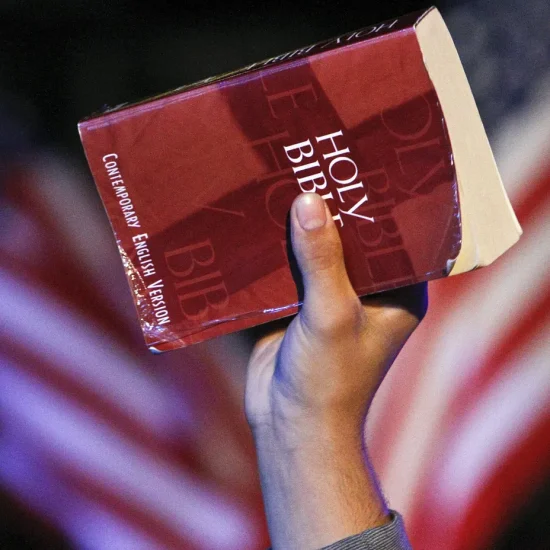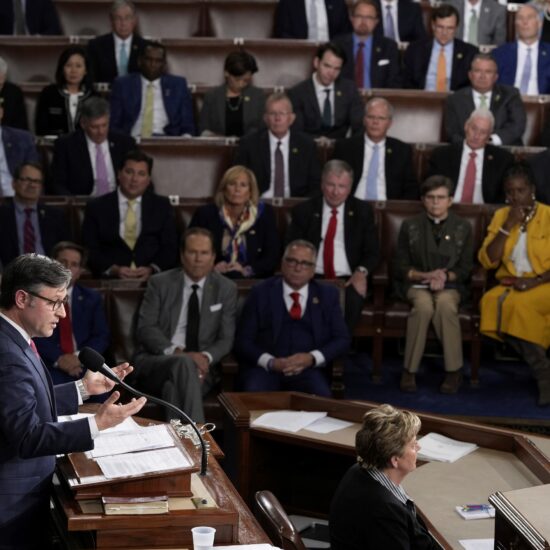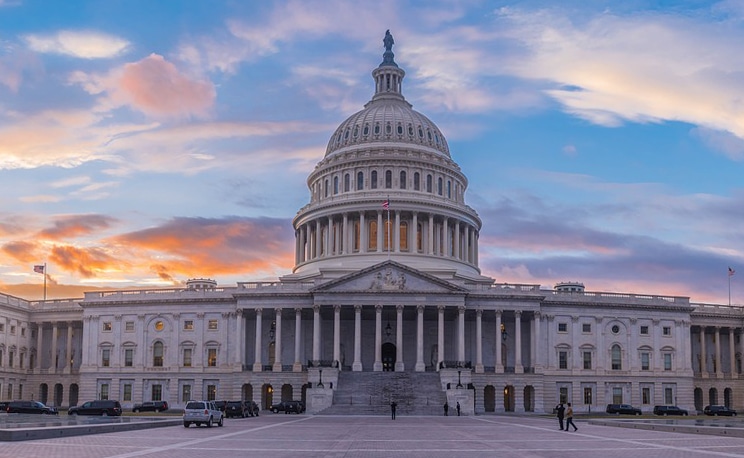
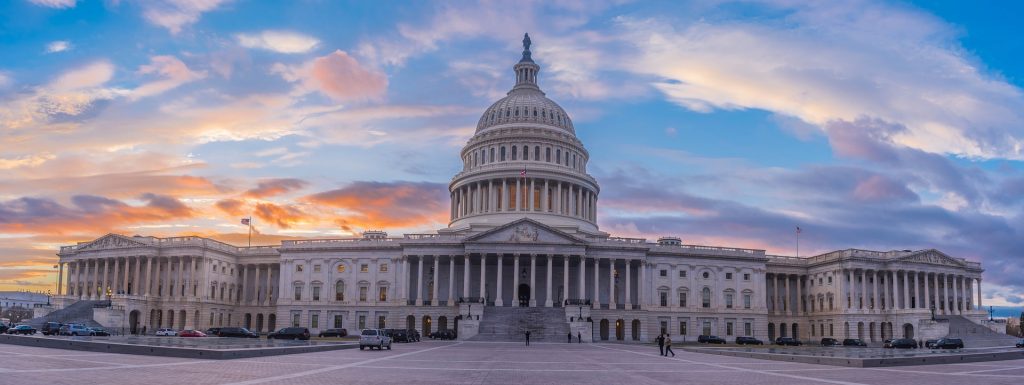
Those holding to Christian traditions represent 471 out of the 535 combined seats of the House and Senate. (Pixabay)
Catholics and Baptists hold the most seats among Christian adherents in the 116th U.S. Congress, according to Pew Research Center data released on Jan. 3.
It is billed as one of, if not the most diverse Congress in U.S. history. The Associated Press reports, “The new Congress is like none other. There are more women than ever before, and a new generation of Muslims, Latinos, Native Americans and African-Americans in the House is creating what academics call a reflective democracy, more aligned with the population of the United States.”
Such headlines mask the fact that it is not very heterogeneous when it comes to religious affiliation, despite increases in non-Christians being elected.
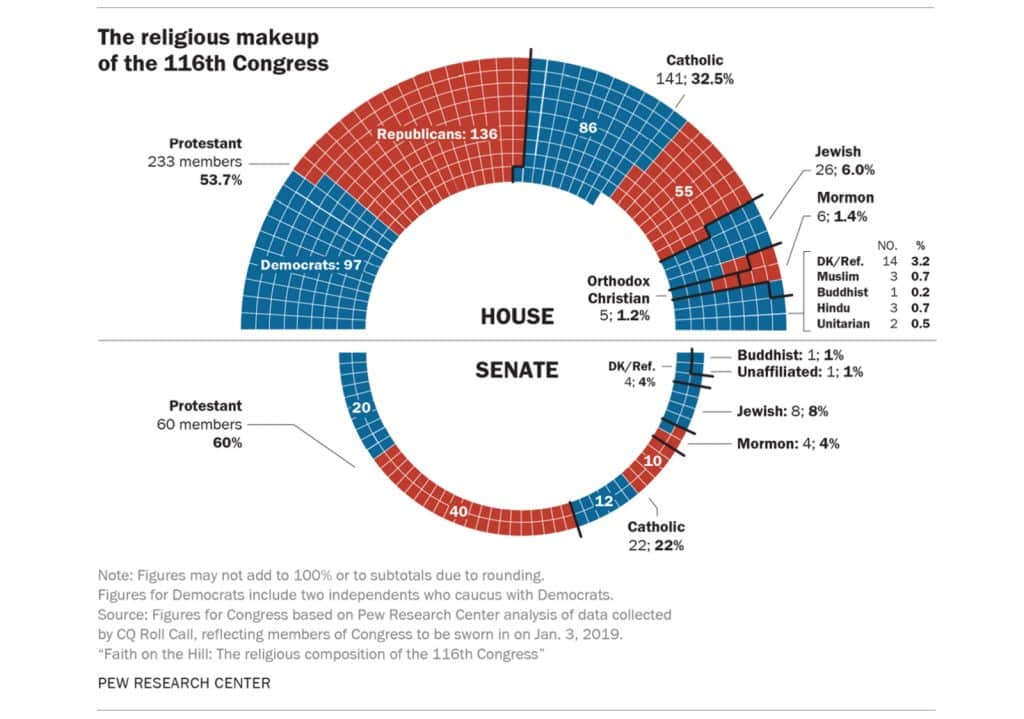
“The religious makeup of the 116th Congress” Graphic courtesy of Pew Research Center
Christian traditions still hold the majority of the 535 combined seats in the House and Senate with 471: Protestants (293), Catholics (163), Mormons (10) and Orthodox Christian (5).
This is a significant over-representation in Congress compared to the number of Christians in the general populous, as 71 percent of U.S. adults identify as Christian, while 88.2 percent of congressional seats are held by Christians.
Among Protestants, Baptists hold the most seats at 72, with Methodists (42), Anglicans/Episcopals (26), Presbyterians (26) and Lutherans (26) rounding out the top five.
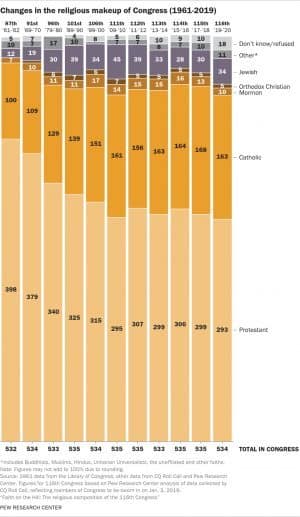
“Changes in the religious makeup of Congress (1961-2019)” Graphic courtesy of Pew Research Center
Despite holding the highest number of seats among Protestant traditions, Baptists are slightly underrepresented in Congress compared to their presence in the general population.
While 15 percent of U.S adults are Baptists, they hold only 13.5 percent of congressional seats.
By contrast, many other Christian traditions are overrepresented when compared to the general populace.
For example, Catholics make up 21 percent of U.S. adults and hold 30.5 percent of seats in the 116th Congress.
This pattern holds true for the other top five Protestant groups: Methodists (5 percent of the populace and 7.9 percent of Congress), Anglicans/Episcopals (1 percent to 4.9 percent), Presbyterians (2 percent to 4.9 percent) and Lutherans (4 percent to 4.9 percent).
“While the number of self-identified Christians in Congress has ticked down, Christians as a whole – and especially Protestants and Catholics – are still overrepresented in proportion to their share in the general public,” Pew said. “Indeed, the religious makeup of the new, 116th Congress is very different from that of the United States population.”
With the exception of Jewish congressional leaders (2 percent of U.S. adults and 6.4 percent of Congress), non-Christian faiths are all underrepresented in the current Congress.
Buddhists, Hindus and Muslims each comprise 1 percent of U.S. adults but only hold 0.4 percent, 0.6 percent and 0.6 percent of seats, respectively.
The most underrepresented group is the religiously unaffiliated, which currently make up 23 percent of all U.S. adults but only hold one seat (representing 0.2 percent) in the 116th Congress.
The full report is available here.
This article originally appeared at EthicsDaily.com.

